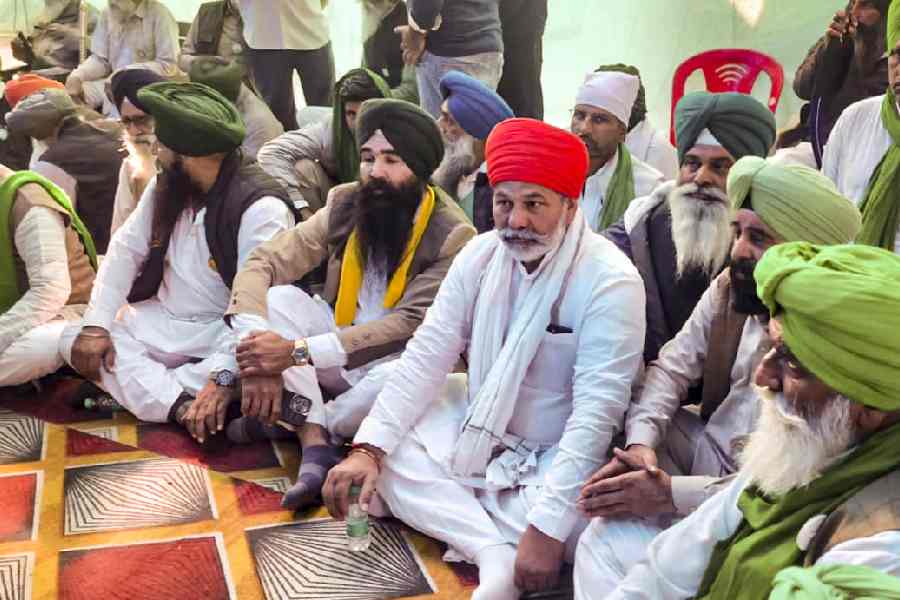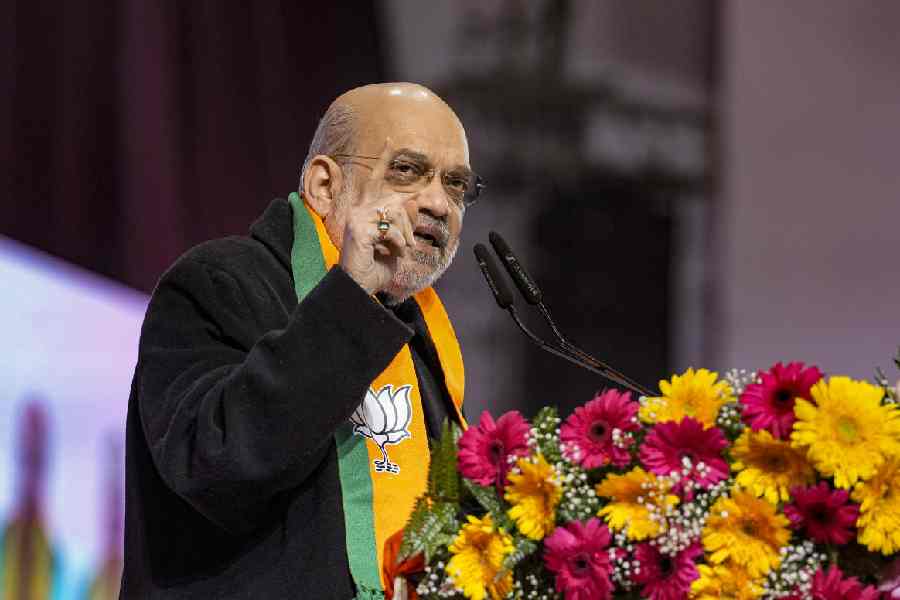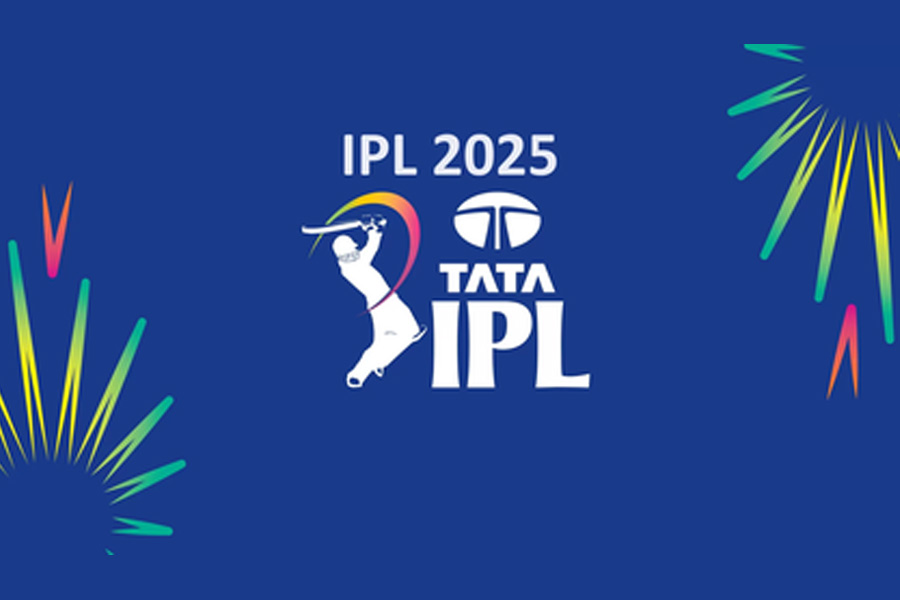Delhi’s air quality turned ‘severe’ on Saturday as stubble burning accounted for 32 per cent of the city state’s PM2.5 pollution, which was further aided by calm winds that resulted in the accumulation of pollutants, said weather officials.
"Even a small increase in local additional emissions is likely to have a significant deterioration impact on Sunday and Monday,'' said SAFAR, the Ministry of Earth Sciences’ air quality watchdog.
PM10 and PM2.5 levels are expected to peak from 1am to 6am in case of added internal emissions.
Earlier, it had said with no use of firecrackers, Delhi’s PM2.5 concentrations on Diwali are likely to be the lowest in the last four years.
Falling under the ‘severe’ category, the city recorded an overall AQI of 414, compared to 339 on Friday and 314 on Thursday.
Last year on Diwali, which fell on October 27, Delhi recorded a 24-hour average AQI of 337, followed by 368 and 400, after which the pollution levels remained ‘severe’ for three days straight.
However, this year, the India Meteorological Department (IMD) had said that increased wind speed as a result of western disturbances is likely to improve the air quality in Delhi-NCR post Diwali.
Under its influence, light rain may occur in the area on Sunday, the MET department had said.
Whether the rain would be enough to wash away the pollutants is still a matter of speculation, Kuldeep Srivastava, the head of the IMD's regional forecasting centre said.
"However, Delhi-NCR's air quality is likely to improve post Diwali due to an expected increase in the wind speed on Sunday," he said.
Head of IMD’s environment research centre VK Soni said calm winds, smoke from farm fires and firecrackers emissions may worsen the air quality and push it to the ‘severe’ zone on Diwali night.
“The wind speed is expected to pick up thereafter and the wind direction will be east-southeasterly”, he said.
“There will be a significant improvement in air quality by November 16”, Soni added.
On Sunday, the situation is likely to improve, said the Air Quality Early Warning System for Delhi.
"Under the influence of a Western Disturbance, isolated rainfall over plains of northwest India and adjoining central India is likely on Sunday. The predominant surface wind is likely to be coming from East-Southeast direction of Delhi with wind speed up to 20 kmph," the central agency said.
"Generally cloudy sky, light rain, thundershowers accompanied with gusty winds (speed 30-40 kmph) is likely towards afternoon-evening on Sunday," it added.
On Friday, the Commission for Air Quality Management (CAQM) asked the CPCB and the states concerned to make sure that there is no gap in implementing the National Green Tribunal’s (NGT) order regarding the air quality issue during the Diwali days.
"In pursuance of NGT order dated November 9 and considering the concerns of air quality scenario in the NCR and its adverse health impact, the Commission directed CPCB, state governments and authorities concerned for strict compliance of the directions of NGT, with zero tolerance on violation," it directed.
Asserting that "celebration by crackers is for happiness and not to celebrate deaths and diseases", the NGT on Monday had imposed a total ban on the use and sale of firecrackers in the NCR region from November 9 midnight to November 30 midnight.
NGT Chairperson Justice Adarsh Kumar Goel while heading a bench ruled that this order will apply to all cities and towns where the average ambient air quality during the Diwali period was in “poor” or above categories.
"At other places, restrictions are optional for the authorities but if there are more stringent measures under orders of the authorities, the same will prevail," the NGT had directed.
The Central Pollution Control Board (CPCB) had earlier ordered the closure of stone crushers and hot mix plants till November 17, keeping in mind the surge in pollution levels during the festive season. It also ordered the Punjab and Haryana government to take strict measures immediately to cut stubble burning and Delhi-NCR authorities to curb biomass burning.











